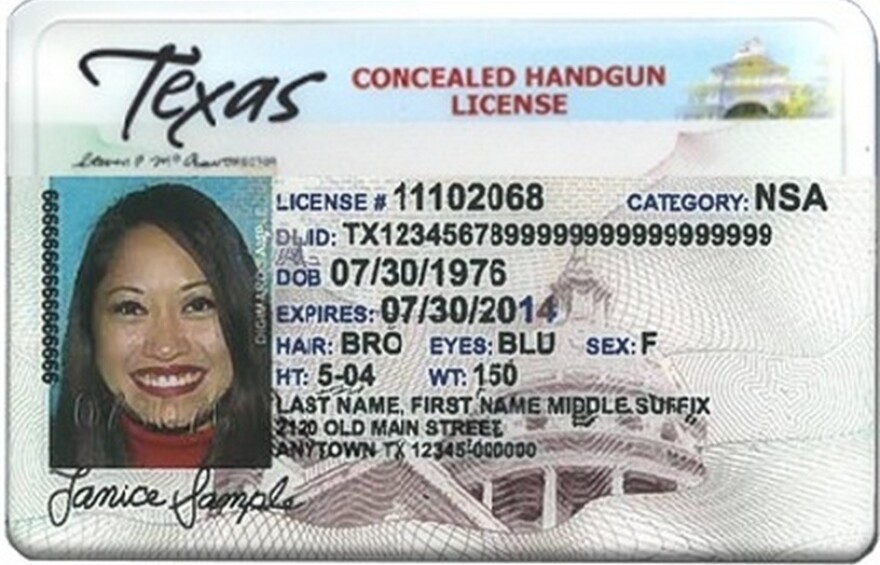Every legislative session Texas lawmakers fight to make access to guns less restrictive. In the past lawmakers would use state crime statistics to push gun legislation at the capitol.
But a new study published in the Journal of Criminology by researchers at the Texas A&M Health Science Center School of Public Health may be poking holes in claims that increasing the number of conceal handgun permits leads to less crime.
The study’s leading researcher Dr. Charles Phillips said past studies on the issue were limited to just a before and after snapshot on crime rates from a statewide perspective.
“We decided in order to hopefully improve on that what we would do is not look at the passage of legislation but instead we’d look at the rate at which conceal handgun licenses were issued and changes in crime,” Phillips said.
Phillips said researchers looked at this data on a county by county basis in four different states.
“We did that analysis using those decades of date from five-hundred counties and found in fact that there was no relationship,” Phillips explained.
Larry Arnold, a CHL-instructor and executive director for the Texas Concealed Handgun Association said for him and his students, having a concealed handgun permit is more about their own right of self-preservation.
“We’re not about law enforcement, we’re not about preventing crime, we’re not about punishing people, we’re there for self-defense to drop the crime rate for us personally,” Arnold said.
A&M’s study also found that increases in the number of gun shops and shooting ranges offering concealed handgun classes lead to an increase in gun owners requesting a CHL and also had nothing to do with crime rates.



